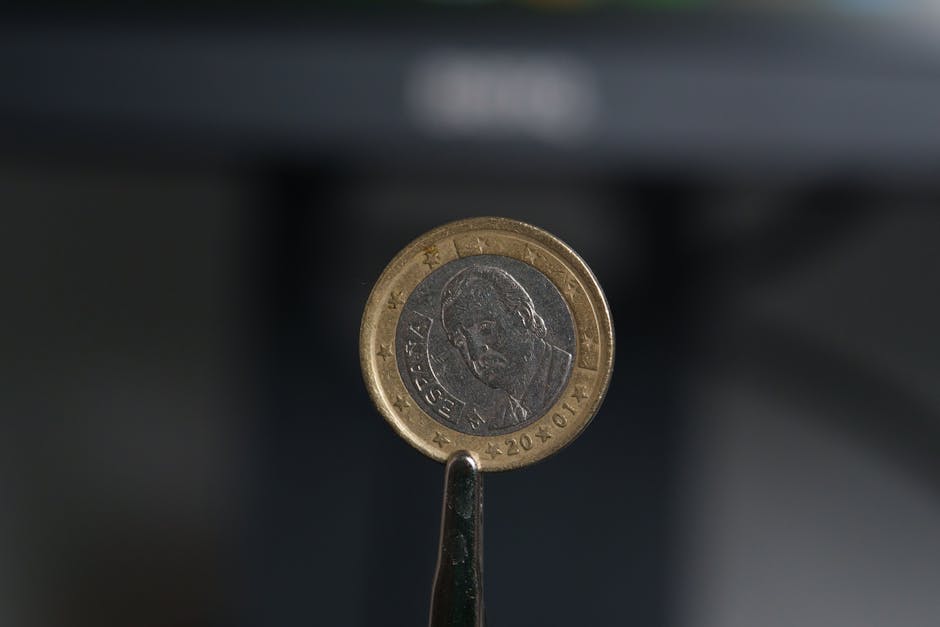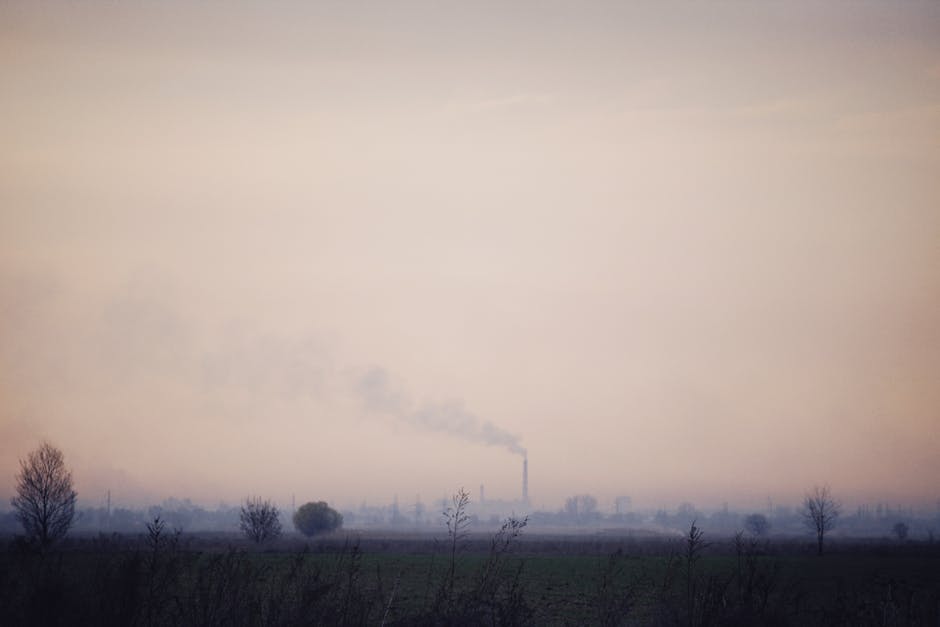In a significant move to bolster economic ties, India and the European Union (EU) are set to commence the next round of negotiations for a comprehensive free trade agreement (FTA) on October 6 in Brussels. This development marks a crucial step in the long-standing efforts to strengthen bilateral trade and investment between two of the world’s largest economies. The talks come at a time when global trade dynamics are shifting, and both India and the EU are seeking to diversify their economic partnerships to ensure resilience and growth.
A Long-Awaited Agreement
The India-EU FTA, officially known as the Broad-based Trade and Investment Agreement (BTIA), has been in the works for over a decade. Initial negotiations began in 2007 but were stalled in 2013 due to disagreements on key issues such as tariffs, market access, and intellectual property rights. However, both sides have renewed their commitment to the pact in recent years, driven by the need to counterbalance China’s growing economic influence and to navigate the challenges posed by the COVID-19 pandemic and geopolitical tensions.
The upcoming round of talks is expected to address critical areas of contention, including agricultural exports, automotive tariffs, digital trade, and sustainable development. Both India and the EU have expressed optimism about reaching a mutually beneficial agreement, which could potentially unlock billions of dollars in trade and create new opportunities for businesses and workers on both sides.
Why This Pact Matters
The India-EU FTA is not just another trade deal; it’s a strategic partnership with far-reaching implications. For India, the pact offers access to the EU’s vast market of 450 million consumers, which could significantly boost exports of key sectors such as textiles, pharmaceuticals, and IT services. It also aligns with India’s broader economic goals, including the ‘Make in India’ initiative and efforts to attract foreign investment.
For the EU, the agreement is a gateway to one of the world’s fastest-growing economies. With India’s GDP projected to grow at over 6% annually in the coming years, the EU sees immense potential in sectors like renewable energy, infrastructure, and digital technology. Moreover, the pact could help the EU reduce its reliance on China for critical imports and strengthen its presence in the Indo-Pacific region, a key focus area for European geopolitics.
Challenges Ahead
While the prospects of the India-EU FTA are promising, several hurdles remain. One major sticking point is India’s demand for greater market access for its professionals, including easier visa regulations for IT workers. The EU, on the other hand, is pushing for lower tariffs on its automobiles and wines, as well as stronger protections for its geographical indications (GIs) like champagne and feta cheese.
Another contentious issue is sustainability. The EU has been vocal about incorporating environmental and labor standards into the agreement, which India views as potential non-tariff barriers. Balancing these demands while ensuring equitable benefits for both sides will be a delicate task for negotiators.
A Broader Geopolitical Context
The India-EU FTA also carries significant geopolitical weight. As both economies seek to reduce their dependence on China, the pact could serve as a counterbalance to Beijing’s economic dominance in the region. Additionally, it underscores the growing importance of the Indo-Pacific in global trade and security, a theme that has gained traction among Western powers in recent years.
The timing of the talks is also noteworthy. With India set to host the G20 summit in 2023 and the EU looking to strengthen its role as a global trade leader, the FTA could serve as a showcase for multilateral cooperation in an increasingly fragmented world.
What’s Next?
As negotiators gather in Brussels next month, all eyes will be on the progress made toward finalizing the agreement. While a deal may not be imminent, the resumption of talks signals a renewed commitment from both sides to overcome differences and forge a partnership that could reshape the global economic landscape.
For businesses and consumers in India and the EU, the stakes are high. A successful FTA could mean lower prices, greater choice, and new opportunities in emerging sectors. For the world, it could be a reminder of the power of collaboration in an era of uncertainty.
Stay tuned to NextMinuteNews for the latest updates on the India-EU trade talks and their impact on the global economy.




